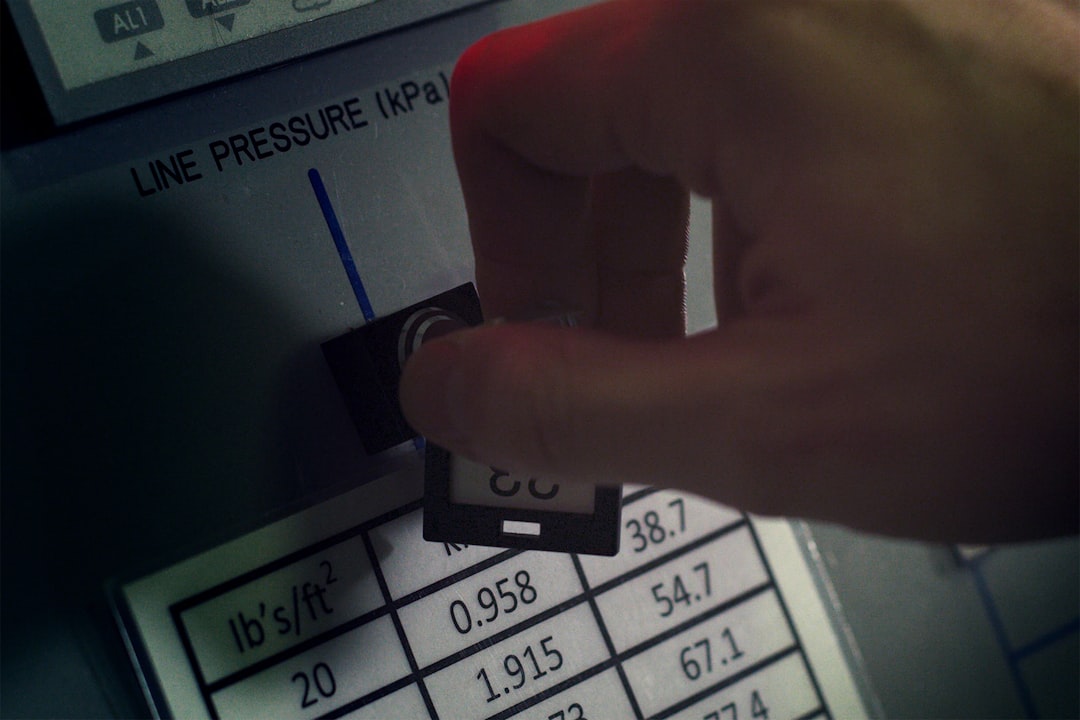
Table of Contents
- Introduction
- Problem Explanation
- Solution with Code Snippet
- Practical Application
- Potential Drawbacks and Considerations
- Conclusion
- Final Thoughts
- Further Reading
Introduction
If there’s one thing developers seem to love, it’s speed—especially when it comes to building applications and delivering features. Anyone who's experienced that sinking feeling of waiting for a slow method to complete or juggling multiple callbacks knows just how crucial efficiency can be for productivity. But what if I told you that you might be missing out on a simple yet effective tool that can significantly enhance your coding experience? 🚀
Enter PHP's array_filter function. While many developers are familiar with it in the context of array manipulation, there are some lesser-known aspects of this function that can transform the way we handle collections and data filtering. This post aims to delve into those hidden gems, demonstrating how array_filter can potentially make your code cleaner and your applications faster.
Imagine parsing through JSON data arrays, needing to filter out invalid entries without the clutter of complex loops or extra variables. You need an efficient solution that not only improves readability but optimizes performance— and that’s where array_filter steps in.
Let’s explore how to leverage this underused function to streamline your coding workflow, make your applications more efficient, and ease the debugging process.
Problem Explanation
When developing applications, especially those that require heavy data manipulation—think of APIs returning large JSON datasets—we often find ourselves writing lengthy loops that filter out data. This results in bloated code that is not only hard to read but can also introduce potential bugs. Consider the conventional way of filtering an array in PHP:
$data = [1, 2, 3, 4, 5, 6, 7, 8, 9, 10];
$filtered = [];
foreach ($data as $value) {
if ($value > 5) {
$filtered[] = $value; // Filter out numbers greater than 5
}
}
In this example, we loop through each element of the $data array, and if the condition is met, we manually append it to the $filtered array. It’s straightforward but not very elegant, is it? This traditional method comes with its own set of complications – you often deal with additional variables, complex conditions, and cluttered code that can obfuscate your intent.
In addition to the redundancy, managing state, specifically ensuring the filtered results are stored correctly, can lead to unintended errors. Moreover, additional iterations lead to performance snags—especially noticeable when handling large datasets.
What’s the alternative? A clearer, more efficient approach using the array_filter function.
Solution with Code Snippet
Introducing the cleaner, more readable application of array_filter! Instead of writing several lines of imperative code, this one-liner packs a punch:
$data = [1, 2, 3, 4, 5, 6, 7, 8, 9, 10];
$filtered = array_filter($data, function($value) {
return $value > 5; // Filter out numbers greater than 5
});
Let’s break this down:
-
First Parameter: The
$dataarray we want to filter. -
Second Parameter: An anonymous function that defines the condition for filtering. This function is invoked for every element in the original array. When it returns
true, that element is included in the resulting array; when it returnsfalse, it’s excluded. -
Return Value: The
$filteredarray now contains only the numbers that satisfy the condition—cleaner and less error-prone than the loop version!
Key Benefits
-
Conciseness: With
array_filter, you eliminate bulkiness, making it easier to understand what’s happening at a glance. - Maintainability: Less code means fewer opportunities for bugs and easier updates in the future.
-
Performance: PHP's internal handling of arrays is optimized—using built-in functions like
array_filtercan lead to improved performance.
Practical Application
Let’s consider a real-world scenario: say you’re fetching user data from an API, and the payload contains records that might have missing or null values. You want to filter out these entries before processing.
Using array_filter, you can quickly accomplish this:
$users = [
['name' => 'Alice', 'age' => 30],
['name' => 'Bob', 'age' => null],
['name' => 'Charlie', 'age' => 25],
['name' => 'David', 'age' => 28]
];
$filteredUsers = array_filter($users, function($user) {
return !is_null($user['age']); // Filter out users with no age
});
After running this code, $filteredUsers contains only the entries with valid ages. This approach not only leverages the utility of PHP’s built-in functions but also keeps your codebases cleaner and more intuitive.
Potential Drawbacks and Considerations
While array_filter is a fantastic utility, it’s essential to use it judiciously. One potential drawback is that it doesn’t preserve the keys of the original array. If you need to maintain Associative keys, alterations are required as follows:
$filtered = array_filter($data, function($value) {
return $value > 5;
}, ARRAY_FILTER_USE_BOTH); // Using this to maintain keys if necessary
Also, remember that using anonymous functions can potentially lead to performance concerns with a large volume of data—profiling and performance tests should always accompany code changes aiming for efficiency.
Conclusion
To sum it up, leveraging PHP’s array_filter is a transformative way to filter arrays. Its robust functionality allows developers to write neater, more concise code, providing both maintainability and performance clarity. If you're handling arrays in your applications, it’s definitely worth adding array_filter to your toolkit.
By transforming your approach from conventional loops to harnessing built-in PHP functions, you're not just making your code cleaner—you’re boosting your entire development workflow. 🌟
Final Thoughts
I encourage you to experiment with array_filter in your upcoming projects. It’s often easy to overlook built-in functions, but with a little practice, you’ll find they can dramatically enhance your coding efficiency and readability.
What are your thoughts? Have you utilized array_filter in unconventional ways, or do you have your preferred methods for filtering arrays? Let’s discuss in the comments below!
And don’t forget to subscribe for more expert tips and insights on improving your coding practices!
Further Reading
- PHP Manual - array_filter
- Performance Tips for Filtering Arrays
- Using Built-in Functions Maximum Effectively
Focus Keyword: PHP array_filter
Related Keywords: PHP array manipulation, efficient PHP coding, data processing in PHP